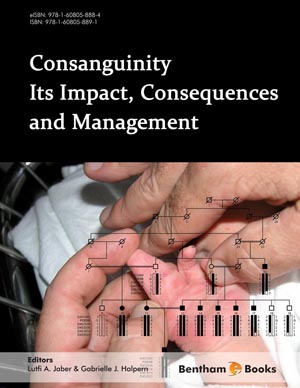Abstract
Consanguineous marriages constitute over 50% of all marriages in many countries of the Middle East and Asia, and in most of these populations at least half of such unions are between first cousins. In the main, the detrimental health effects associated with consanguinity are caused by the expression of rare, recessive genes inherited from a common ancestor(s), and the closer the biological relationship between the parents, the greater is the probability that their offspring will inherit identical copies of disease-causing recessive genes. In many traditional Arab societies, in which the frequency of consanguineous marriages is very high, there is generally a low level of genetic literacy among the public and most health care providers, and therefore the need for education is of vital importance in such communities before any programs can be established that aim to reduce the rates of these marriages. The main factor in establishing educational and counseling programs aimed at reducing the frequency of consanguineous marriages is to identify the target group(s) who would benefit most from such programs. We report here several studies carried out in different countries with high rates of consanguineous marriages that aimed to assess the levels of awareness among various groups, both general public and health care professionals, regarding the health problems associated with such marriages. The information gained from these surveys was used in each case to establish educational and counseling programs geared to that specific society.
Keywords: Awareness, consanguineous marriages, counseling, education, high frequency, low genetic literacy, recessive genes, target groups.






















